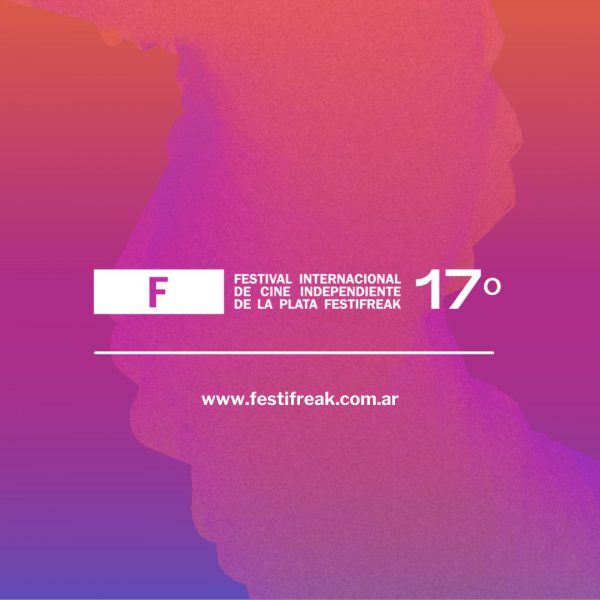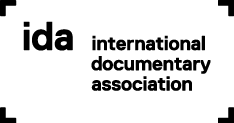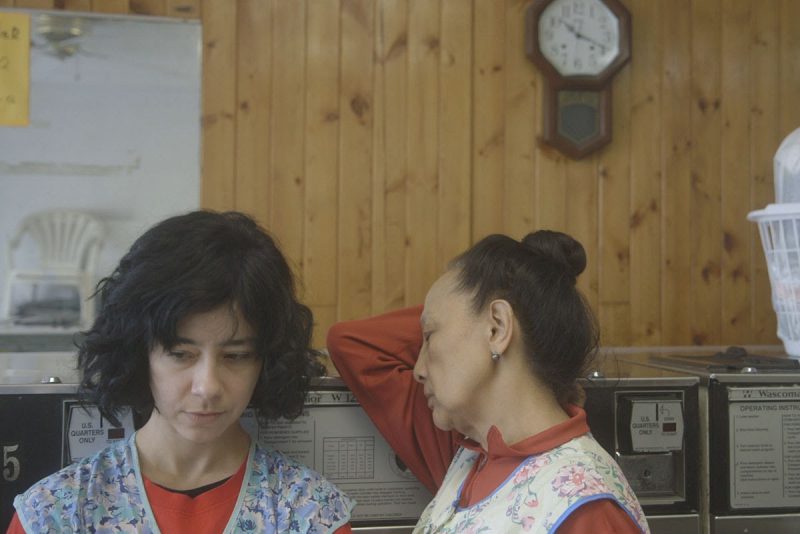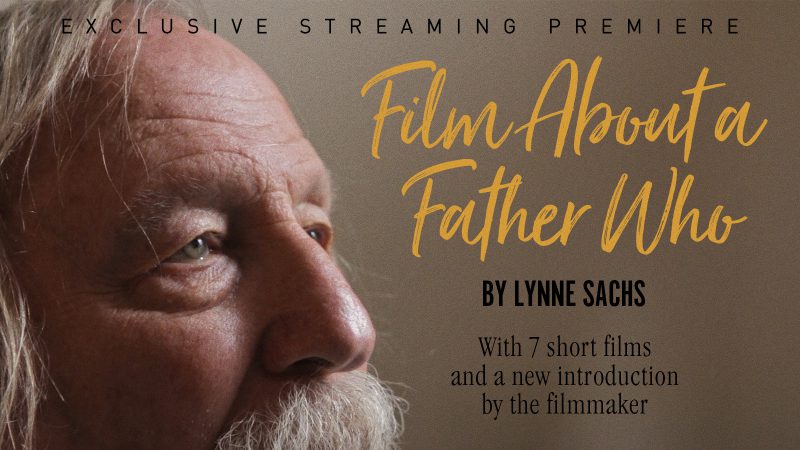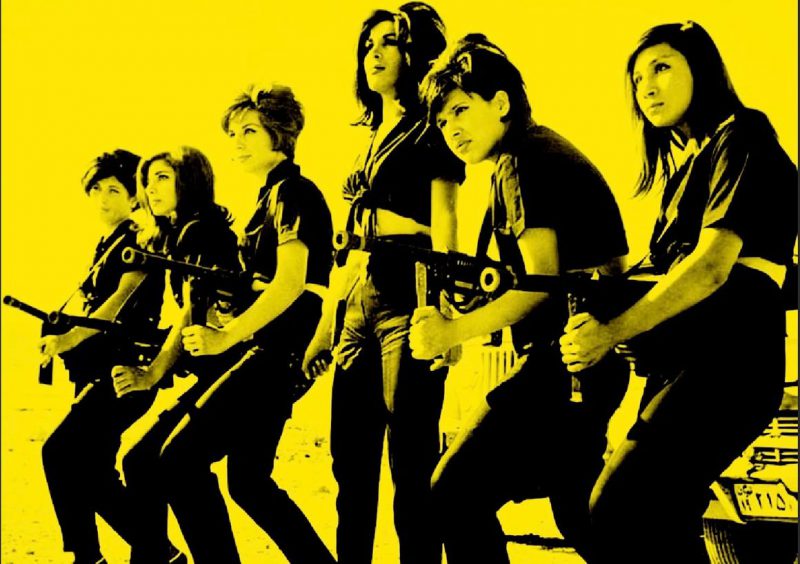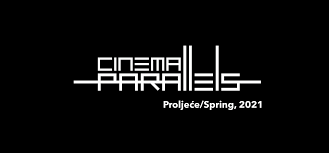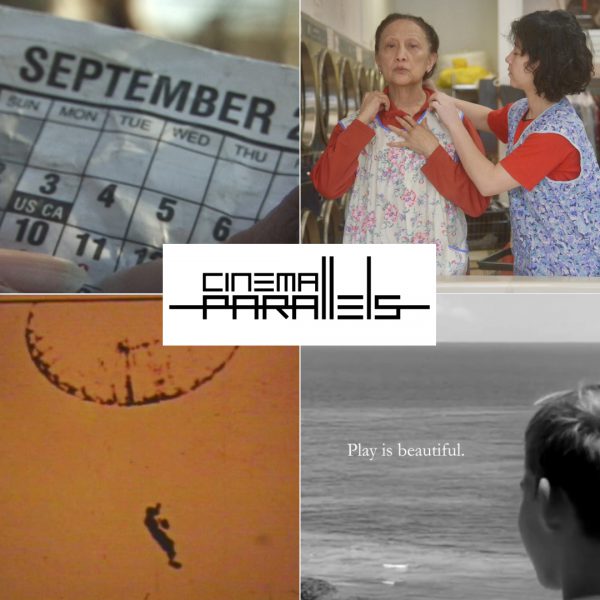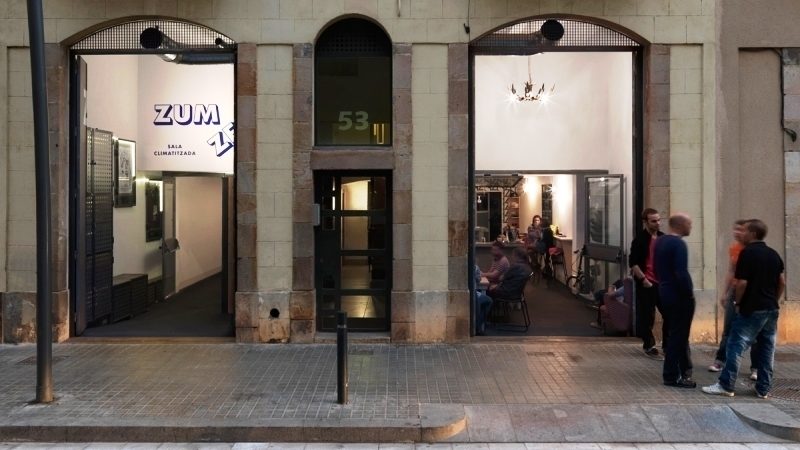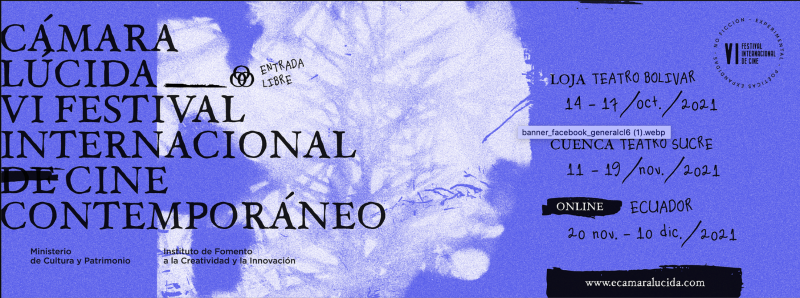
October 14-17, 2021 Loja Teatro Bolivar
November 11-19, 2021 Cuenca Teatro Sucre
November 20 – December 10, 2021 Online Ecuador
https://www.ecamaralucida.com/2021-lynne-sachs
Program in English
Mirada Epicentro (Ceter Focus)
Authors who have made their way looking inward, achieving a work where the constant regression to aesthetic searches, thematic investigations and particular narratives, have a point at which the gaze gravitates, infects and expands.
In this edition, we are happy to share in Mirada Epicentro the work of Lynne Sachs, Bruno Varela and Ecuador de Territory, a program made up of the authors Alberto Muenala, Eriberto Gualinga and Sani Montahuano.
A Month of Single Frames
2020 – U.S.A – 14’
In 1998, filmmaker Barbara Hammer had a one-month artist residency in the C Scape Duneshack which is run by the Provincetown Community Compact in Cape Cod, Massachusetts. The shack had no running water or electricity. While there, she shot 16mm film with her Beaulieu camera, recorded sounds with her cassette recorder and kept a journal.
In 2018, Barbara began her own process of dying by revisiting her personal archive. She gave all of her Duneshack images, sounds and writing to filmmaker Lynne Sachs and invited her to make a film with the material.
Carolee, Barbara & Gunvor
2018 – U.S.A – 8’
From 2015 to 2017, Lynne visited with Carolee Schneemann, Barbara Hammer and Gunvor Nelson, three multi-faceted artists who have embraced the moving image throughout their lives. From Carolee’s 18th Century house in the woods of Upstate New York to Barbara’s West Village studio to Gunvor’s childhood village in Sweden, Lynne shoots film with each woman in the place where she finds grounding and spark.
E•pis•to•lar•y: letter to Jean Vigo
2021 – U.S.A / España – 5’
In a cinema letter to French director Jean Vigo, Lynne Sachs ponders the delicate resonances of his 1933 classic “Zero for Conduct” in which a group of school boys wages an anarchist rebellion against their authoritarian teachers. Thinking about the Jan. 6, 2021 assault on the United States Capitol by thousands of right-wing activists, Sachs wonders how innocent play or calculated protest can turn so quickly into chaos and violence.
Drawn and Quartered
1987 – U.S.A – 4’
Optically printed images of a man and a woman are fragmented by a film frame that is divided into four distinct sections. An experiment in form/content relationships that are peculiar to the medium, 1987
Film About a Father Who
2020 – U.S.A – 74’
Over a period of 35 years between 1984 and 2019, filmmaker Lynne Sachs shot 8 and 16mm film, videotape and digital images of her father, Ira Sachs Sr., a bon vivant and pioneering businessman from Park City, Utah. FILM ABOUT A FATHER WHO is her attempt to understand the web that connects a child to her parent and a sister to her siblings. With a nod to the Cubist renderings of a face, Sachs’ cinematic exploration of her father offers simultaneous, sometimes contradictory, views of one seemingly unknowable man who is publicly the uninhibited center of the frame yet privately ensconced in secrets. In the process, Sachs allows herself and her audience inside to see beyond the surface of the skin, the projected reality. As the startling facts mount, Sachs as a daughter discovers more about her father than she had ever hoped to reveal.
Following the Object to its Logical Beginning
1987 – U.S.A – 9’
Like an animal in one of Eadweard Muybridge’s scientific photo experiments, five undramatic moments in a man’s life are observed by a woman. A study in visual obsession and a twist on the notion of the “gaze”.
Maya at 24
2021 – U.S.A – 4’
Lynne Sachs films her daughter Maya in 16mm black and white film, at ages 6, 16 and 24. At each iteration, Maya runs around her mother, in a circle – clockwise – as if propelling herself in the same direction as time, forward. Conscious of the strange simultaneous temporal landscape that only film can convey, we watch Maya in motion at each distinct age.
Photograph on Wind
2001 – U.S.A – 4’
My daughter’s name is Maya. I’ve been told that the word maya means illusion in Hindu philosophy. As I watch her growing up, spinning like a top around me, I realize that her childhood is not something I can grasp but rather – like the wind – something I feel tenderly brushing across my cheek.
Same Stream Twice
2012 – U.S.A – 4’
In 2001, I photographed her at six years old, spinning like a top around me. Even then, I realized that her childhood was not something I could grasp but rather – like the wind – something I could feel tenderly brushing across my cheek.
Still Life with Woman and Four Objects
1986 – U.S.A – 4’
A film portrait that falls somewhere between a painting and a prose poem, a look at a woman’s daily routines and thoughts via an exploration of her as a “character”. By interweaving threads of history and fiction, the film is also a tribute to a real woman – Emma Goldman, 1986 .
The house of science: a museum of false facts
1991 – U.S.A – 30’
Offering a new feminized film form, this piece explores both art and science’s representation of women, combining home movies, personal remembrances, staged scenes and found footage into an intricate visual and aural college. A girl’s sometimes difficult coming of age rituals are recast into a potent web for affirmation and growth.
Viva and Felix Growing Up
2015 – U.S.A – 10’
Capturing fragments of the first three years of her twin niece’s and nephew’s lives with their two dads (her brother Ira Sachs and his husband Boris Torres) and their mom (Kirsten Johnson), Sachs affectionately surveys the construction of family.
Which way is east
Lynne Sachs / Dana Sachs
1994 – U.S.A – 33’
When two American sisters travel north from Ho Chi Minh City to Hanoi, conversations with Vietnamese strangers and friends reveal to them the flip side of a shared history. Lynne and Dana Sachs’ travel diary of their trip to Vietnam is a collection of tourism, city life, culture clash, and historic inquiry that’s put together with the warmth of a quilt. “Which Way Is East” starts as a road trip and flowers into a political discourse. It combines Vietnamese parables, history and memories of the people the sisters met, as well as their own childhood memories of the war on TV. To Americans for whom “Vietnam” ended in 1975, “Which Way Is East” is a reminder that Vietnam is a country, not a war. The film has a combination of qualities: compassion, acute observational skills, an understanding of history’s scope, and a critical ability to discern what’s missing from the textbooks and TV news. (from The Independent Film and Video Monthly, Susan Gerhard)
Program in Spanish
Mirada Epicentro
Autoras y autores que han labrado su camino mirando hacia dentro, logrando una obra donde la regresión constante a búsquedas estéticas, investigaciones temáticas y narrativas particulares, disponen un punto en el cual la mirada gravita, se contagia y se expande.
En esta edición, nos alegramos compartir en Mirada Epicentro la obra de Lynne Sachs, Bruno Varela y Ecuador de territorio, un programa conformado por los autores Alberto Muenala, Eriberto Gualinga y Sani Montahuano.
A Month of Single Frames
2020 – U.S.A – 14’
En 1998, la cineasta Barbara Hammer tuvo una residencia artística de un mes en Cape Cod, Massachusetts. La choza no tenía agua corriente ni electricidad. Mientras estuvo allí, filmó una película de 16 mm, grabó sonidos y llevó un diario. En 2018, Barbara comenzó su propio proceso de muerte revisando su archivo personal. Ella le dio todas sus imágenes, sonidos y escritura de la residencia a la cineasta Lynne Sachs y la invitó a hacer una película.
Carolee, Barbara & Gunvor
2018 – U.S.A – 8’
De 2015 a 2017, Lynne visitó a Carolee Schneemann, Barbara Hammer y Gunvor Nelson, tres artistas multifacéticos que han abrazado la imagen en movimiento a lo largo de sus vidas. Desde la casa del siglo XVIII de Carolee en los bosques del norte del estado de Nueva York hasta el estudio de Barbara en West Village y el pueblo de la infancia de Gunvor en Suecia, Lynne graba una película con cada mujer en el lugar donde encuentra la base y la chispa.
E•pis•to•lar•y: letter to Jean Vigo
2021 – U.S.A / España – 5’
En una epistolar fílmica dirigida al director francés Jean Vigo, Lynne Sachs reflexiona sobre su clásico de 1933 “Zero for Conduct”, en el que los escolares libran una rebelión anarquista contra sus maestros autoritarios. Al pensar en el asalto del 6 de enero de 2021 al Capitolio de los EE. UU. Por parte de activistas de derecha, Sachs se pregunta cómo un juego inocente o una protesta calculada pueden convertirse tan rápidamente en caos y violencia.
Drawn and Quartered
1987 – U.S.A – 4’
Imágenes impresas ópticamente de un hombre y una mujer fragmentadas por un fotograma de película que se divide en cuatro secciones distintas. Un experimento en las relaciones forma / contenido que son peculiares del medio, 1987.
Film About a Father Who
2020 – U.S.A – 74’
Desde 1984 al 2019, Lynne Sachs filmó a su padre, un animado e innovador hombre de negocios. Este documental es el intento de la cineasta por entender las redes que conectan a una niña con su padre y a una mujer con sus hermanos. Con un guiño a las representaciones cubistas de un rostro, la exploración de Sachas ofrece visiones simultáneas y a veces contradictorias de un hombre aparentemente incognocible que públicamente se ubica de forma desinhibida en el centro del encueadre, pero en lo privado se refugia en secretos.
Following the Object to its Logical Beginning
1987 – U.S.A – 9’
Como un animal en uno de los experimentos fotográficos científicos de Eadweard Muybridge, una mujer observa cinco momentos poco dramáticos en la vida de un hombre. Un estudio sobre la obsesión visual y un giro en la noción de “mirada”.
Maya at 24
2021 – U.S.A – 4’
Conscientes del extraño paisaje temporal simultáneo que solo el cine puede transmitir, vemos a Maya en movimiento en cada época distinta.
Photograph on Wind
2001 – U.S.A – 4’
El nombre de mi hija es Maya. Me han dicho que la palabra maya significa ilusión en la filosofía hindú. Mientras la veo crecer, girando como una peonza a mi alrededor, me doy cuenta de que su infancia no es algo que pueda comprender, sino más bien, como el viento, algo que siento acariciar con ternura mi mejilla.
Same Stream Twice
2012 – U.S.A – 4’
En 2001, la fotografié a los seis años, girando como una peonza a mi alrededor. Incluso entonces, me di cuenta de que su infancia no era algo que pudiera comprender, sino más bien, como el viento, algo que podía sentir con ternura rozando mi mejilla.
Still Life with Woman and Four Objects
1986 – U.S.A – 4’
Un retrato cinematográfico que se sitúa entre una pintura y un poema en prosa, una mirada a las rutinas y pensamientos diarios de una mujer a través de una exploración de ella como un “personaje”. Al entrelazar hilos de historia y ficción, la película también es un homenaje a una mujer real: Emma Goldman, 1986.
The house of science: a museum of false facts
1991 – U.S.A – 30’
Ofreciendo una nueva forma de película feminizada, esta pieza explora la representación de las mujeres tanto en el arte como en la ciencia, combinando películas caseras, recuerdos personales, escenas escénicas y metraje encontrado en una intrincada universidad visual y auditiva. Los rituales de mayoría de edad a veces difíciles de una niña se reconvierten en una potente red de afirmación y crecimiento.
Viva and Felix Growing Up
2015 – U.S.A – 10’
Durante los primeros tres años de la vida de mi sobrino y mi sobrina gemela, usé mi cámara Bolex de 16 mm para filmarlos mientras crecían en la ciudad de Nueva York con sus dos papás (mi hermano Ira Sachs y su esposo Boris Torres) y su mamá (Kirsten Johnson). . La película termina con un abrazo por el Día del Orgullo Gay.
Which way is east
Lynne Sachs / Dana Sachs
1994 – U.S.A – 33’
Cuando dos hermanas estadounidenses viajan al norte desde la ciudad de Ho Chi Minh a Hanoi, las conversaciones con desconocidos y amigos vietnamitas les revelan la otra cara de una historia compartida.

